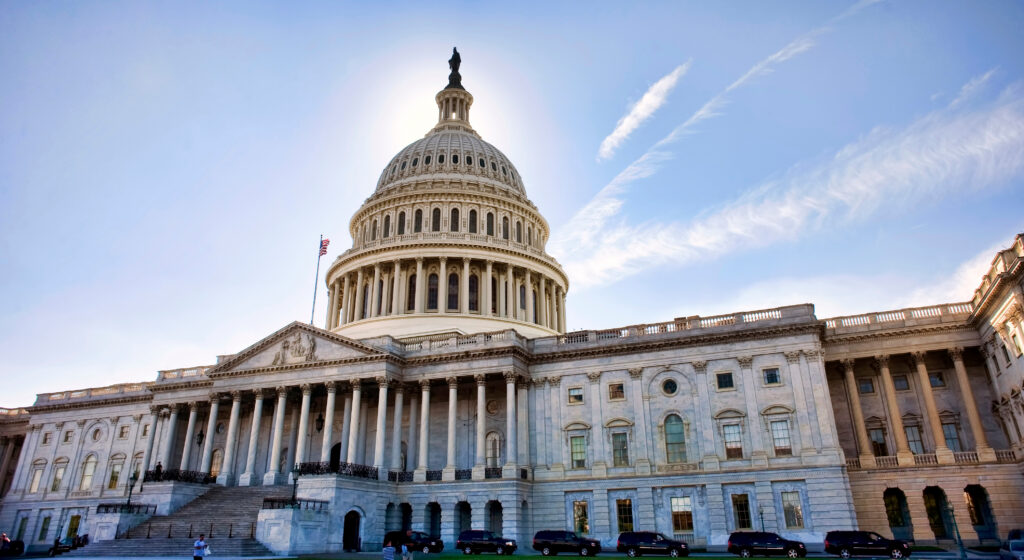Angela Huffman, President of Farm Action, issued the following statement in response to the release of the Make America Healthy Again (MAHA) strategy report:
“Today’s MAHA strategy was billed as a plan to tackle the drivers of America’s health crisis. It does take some encouraging steps, but it pulls back from the hard truths the Commission itself laid out in its May assessment. Farmers and families need bolder reforms than what this strategy delivers.”
What’s Missing:
The May assessment pledged to put farmers at the center of health and correctly diagnosed systemic failures in our food system: corporate capture and consolidation, chemical contamination, and federal programs that favor commodity crops over healthy food. It also revealed just how little of the food dollar farmers keep—only 16 cents in 2023—while corporations pocketed the other 84 cents through manufacturing, marketing, and distribution. The assessment further highlighted how a handful of corporations now dominate production, processing, distribution, and retail, with four companies controlling 80 percent of the U.S. meat market and “Big Food” flooding grocery aisles with ultra-processed products.
Yet today’s strategy sidesteps antitrust reform and corporate capture in agriculture, leans on “precision application” technologies and EPA reviews rather than confronting pesticide overuse head-on, and leaves crop insurance and subsidy distortions untouched, keeping fruit and vegetable growers at a disadvantage.
What’s Good:
The report does include some positive steps: lowering barriers for CSAs and direct-to-consumer sales, strengthening farm-to-school grant processes, supporting small meat processors and mobile units, expanding voluntary soil health initiatives, and pledging to close the GRAS loophole with stronger transparency and oversight. While these voluntary soil health measures could help reduce chemical dependence, they fall short of the bold action needed to support farmers in transitioning to healthier systems. These initiatives align with Farm Action’s recommendations and deserve recognition, but they require real follow-through to deliver results.
What Happened in the Meantime:
When the Commission’s assessment was released in May, President Trump declared: “Unlike other administrations, we will not be silenced or intimidated by the corporate lobbyists or special interests.” Yet shortly after, the White House invited industry lobbyists in and shut out farmer advocates, while creating no mechanism for public input. HHS Secretary and Commission Chair Robert F. Kennedy Jr. himself admitted to meeting with more than 140 agribusiness lobby groups to “align” the agenda with industry.
Among the most powerful of these forces are groups funded by USDA commodity checkoff dollars. The National Cattlemen’s Beef Association (NCBA), which receives the majority of its funding from the beef checkoff, has long opposed antitrust action and transparency reforms that would benefit independent ranchers. Similarly, Bayer’s Modern Ag Alliance—a coalition of over 100 groups, nearly one-third checkoff-funded—advances an agenda of chemical intensification, overproduction, and monocropping. With organizations like NCBA and Bayer’s allies at the table, it is no surprise that this strategy report sidesteps real action on antitrust and corporate capture in agriculture.
Bottom Line:
This strategy report shows what happens when corporate interests, including checkoff-funded front groups, steer the process: incremental steps are overshadowed by a refusal to confront the root causes of America’s health crisis. Farmers and families deserve more than half-measures—they deserve bold reforms that put public health ahead of industry profits.
Media Contact: Emma Nicolas, [email protected], 202-450-0094




